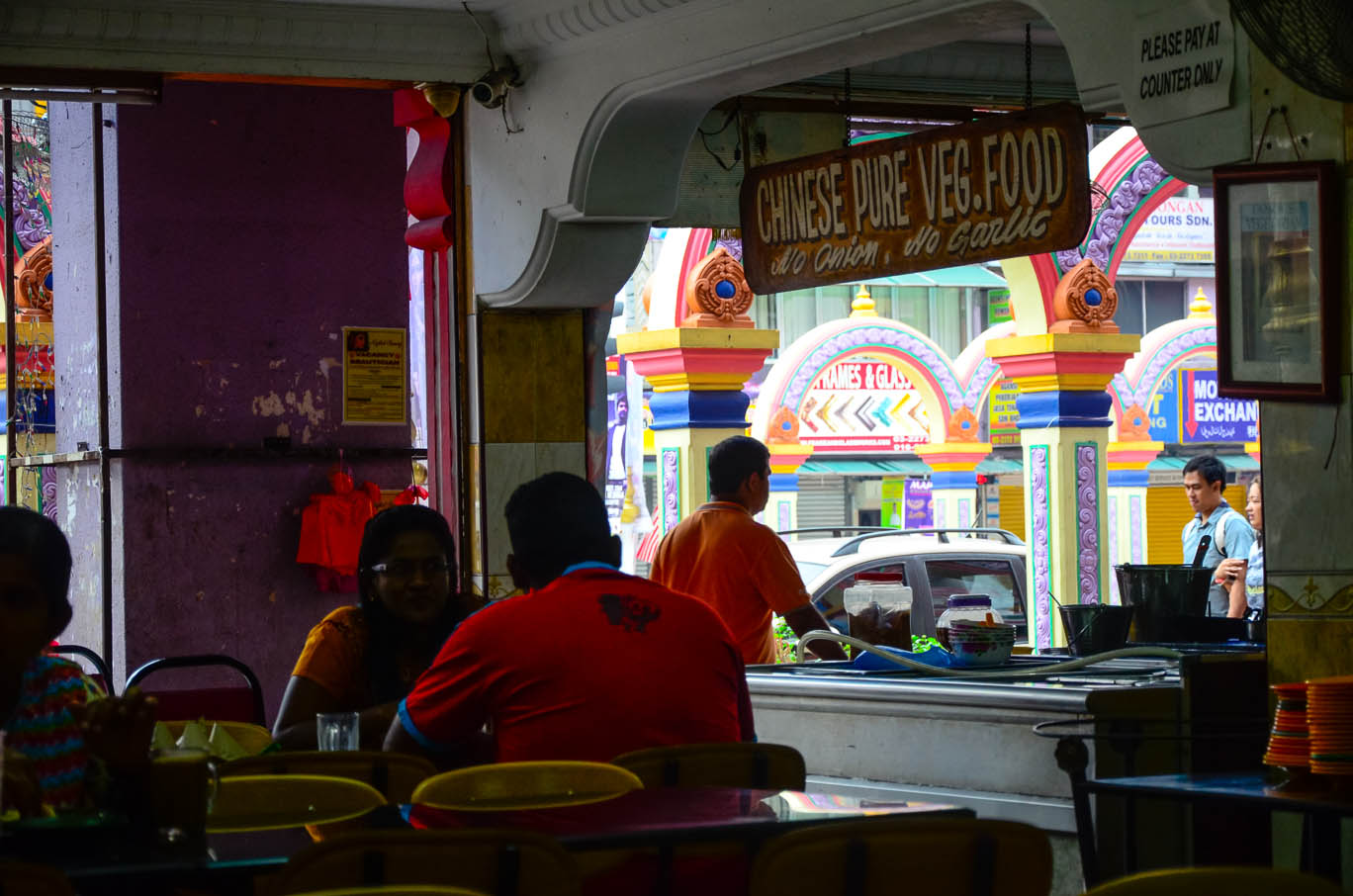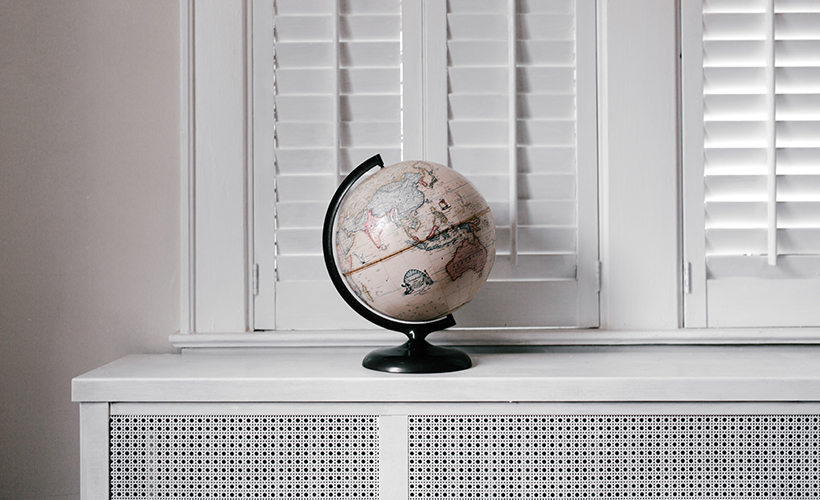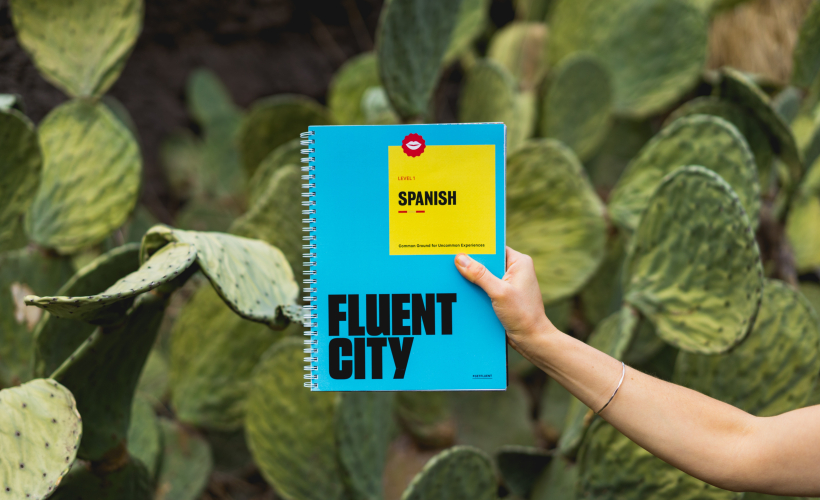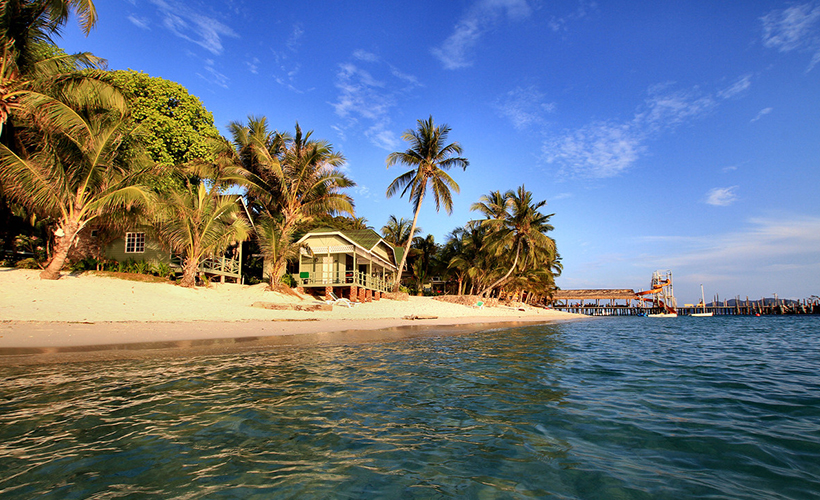
If you speak English, you’ll get by just fine in Malaysia as the language is widely spoken. Then why learn a phrase or two of the national language, Bahasa Malaysia? It’s a great way of getting along better with the locals and Bahasa Malaysia is a rather easy language to pick up.
While the national language might be Bahasa Malaysia, in urban, casual settings, the locals often speak what is fondly known as Manglish. Whether it stands for Malaysian English or Mangled English is a mystery. The good news is that it’s just as easy to learn as Bahasa Malaysia.
Manglish is mostly standard English though it shares some similarities with pidgin English, with little added suffixes and local colour that you will learn to differentiate if you hang out with locals enough.
A special note to English speakers – 90 per cent of the time, ‘a’ is pronounced as in fah-ther and not ‘a’ as in that. The ‘e’ is usually pronounced as in the too, and only very occasionally as the “e” as in they.
Get that bit of pronunciation right and locals will be quite impressed.
The bare minimum of Bahasa Malaysia
Terima kasih (tehr-ree-mah kah-seeh): Thanks – Terima kasih!
Maaf (mah-ahf): Sorry – Just use this word when apologies are in order
Ya (yuh): Yes – Ya, nama saya John/Yes, my name is John
Tak/Tidak (tahk/tee-dahk): No – Tak, bukan saya/No, not me
Boleh (bow-lay): Can – Ya, saya boleh jalan/Yes, I can walk
Bukan (boo-kahn): Not – Saya bukan John/I’m not John
Kiri (kee-ree):Left – Pergi kiri/Go left
Kanan (kah-nahn): Right – Pergi kanan/Go right
Terus (tehr-roos): Straight on – Jalan terus/Go straight on
Nak (nahk): Want – Saya nak/I want
Tak Nak (tahk-nahk): Don’t want – Saya tak nak itu/I don’t want that
Lapar (lah-pahr): Hungry – Saya lapar/I’m hungry
Saya (sah-yah): I, me – See above
Anda (ahn-dah): You – Apa nama anda?/What’s your name?
Dia (dee-yah): He/she – Dia siapa?/Who is he/she?
Sedap (sehr-dahp): Delicious
Sudah kenyang (soo-dah kehn-yahng): I’m full – Ya, saya sudah kenyang/Yes, I’m quite full
The bare minimum of Manglish
To be honest, the basic crux of Manglish is the addition of the suffix ‘-lah’ (lah with the ‘a’ as in father). Add –lah to the end of sentences, but best only if you want to emphasise something. Examples:
I’m hungry-lah (Emphasising you’re hungry)
Can-lah (Sure, fine by me)
I don’t want-lah (Not really fine by me)
No-lah (No, of course not)
TIP: Try not to overdo it, especially if you’re not used to listening to locals use it.
Fun & useful phrases
Jalan-jalan cari makan (jah-lan-jah-lan cha-ree mah-kahn): Going out in search of things to eat. Also known as the Malaysian national pastime.
Lepak (lay-pahk): Hang out
Ye ke? (Yehr-keh?): Oh, really? – A fun phrase that, like the English equivalent can take on whatever meaning you want – it can be sarcastic, enthusiastic or politely interested.
Aduh! (Ah-dooh!): Ow!
Boleh tahan (bow-lay ta-hahn): Not bad! – Also self-explanatory. A useful phrase that can be used to praise everything from scenery and food. Or you could say this while leering at someone attractive (we do not recommend this).
Boleh berkenalan? (bow-lay burr-kuhr-nah-lahn?): Could I get to know you? – A rather dated way of hitting on someone. Women unfortunately sometimes have to endure strange men yelling at them as they pass by. “Cik, boleh berkenalan?/Miss, could I get to know you?” Not to be used unless you want to be snubbed in record time. Women can get away with it, men likely not.
Tolong jangan kacau saya (Toh-lohng jah-ngan kah-chau sah-yah): Please do not disturb me – A polite way to ask someone to leave you alone, especially when they yell “Cik, boleh berkenalan?” to you repeatedly.
TIP: Don’t be overwhelmed. You don’t need to know all these phrases and it’s highly likely that if you’re on a very short visit, the most important phrases you’ll rely on using a lot are maaf (sorry) and terima kasih (thanks).
Remember that wherever you go, being polite and kind will go a long way and go beyond any language barrier. A smile always helps too!



